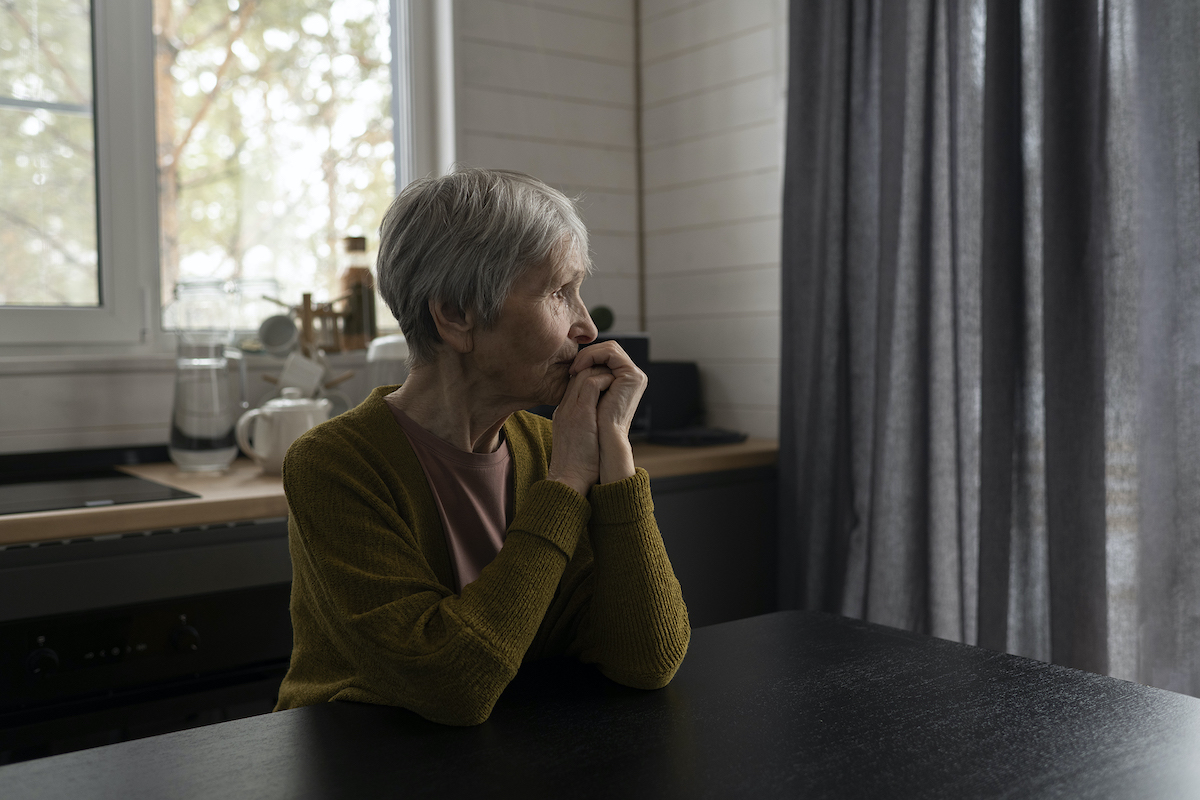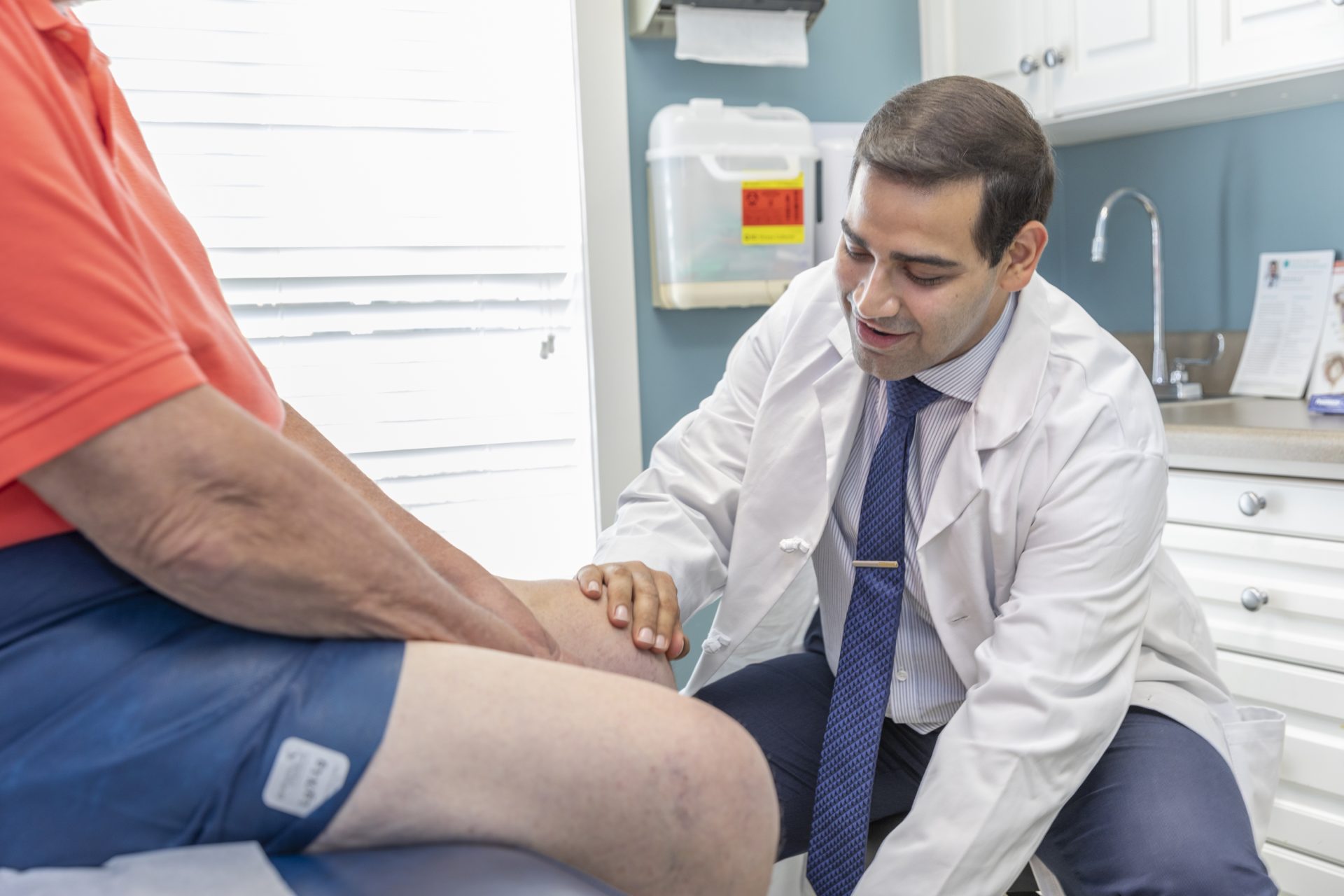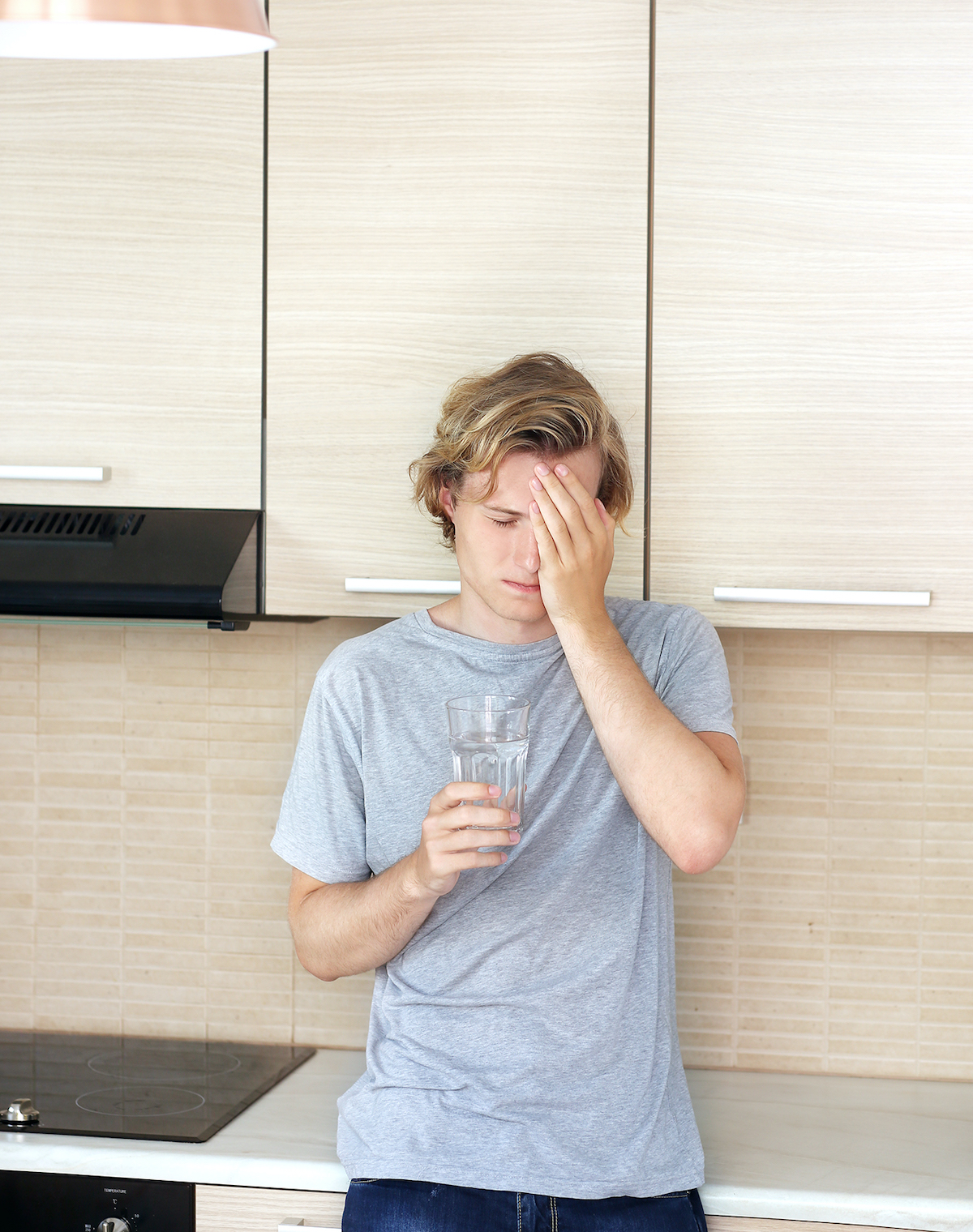By Monica Wiser
I’ve had a hearing loss since childhood, so I don’t really know what it’s like to have normal hearing. While hearing aids have greatly improved my hearing, they still won’t give me perfectly normal hearing. By the same token, people with normal hearing don’t really know what it’s like to have a hearing loss. If you’re curious to know what it’s like, try using hearing protection all day. That will give you a sense of what it’s like to experience a mild hearing loss. Just don’t do it if you have children in your care, because you might miss their cries for help. And don’t do it if you are driving, because you might not hear emergency vehicles coming up from behind. And don’t do it if your job depends on good communication skills, because you just might get fired. Sounds pretty limiting, doesn’t it? Still, it’s a good exercise to try it in a controlled environment while watching your favorite program at the level where you normally set the TV or while conversing with a group of friends indoors. See how long you can tolerate it and then ask yourself, “Is it really worth it to risk damaging my hearing?”
We are bombarded with noise —at nightclubs, at sporting events, at concerts, and even at the gym. Once in a while, there are unavoidable situations, but those are rare. In most situations, you have the ability to control the situation. If it’s your car radio, home stereo, or iPod, just turn it down. If it’s at a concert or sporting event, wear hearing protection. If it is at a restaurant or at the gym, ask them to turn it down. If they don’t take you seriously, leave. There’s no sense in paying someone to damage your hearing.
Here’s what you may not know. Excessive noise exposure doesn’t just cause permanent hearing loss. It can also cause tinnitus. I’ve worked with enough tinnitus patients to know that it can be very disruptive in their lives and very stressful. Noise exposure can also cause elevated blood pressure, loss of sleep, increased heart rate, cardiovascular constriction, labored breathing, and changes in brain chemistry. According to the WHO Guidelines for Community Noise, “these health effects, in turn, can lead to social handicap, reduced productivity, decreased performance in learning, absenteeism in the workplace and school, increased drug use, and accidents. Noise has also been shown to affect learning ability and reading ability in children (Boncraft 1975).
Pregnant women should be particularly cautious. In the October 1997 issue of Pediatrics, the Committee on Environmental Health of the American Academy of Pediatrics published a policy statement based on a review of research on the potential health effects of noise on the fetus and the newborn. The committee concluded that excessive noise exposure in utero may result in high-frequency hearing loss in newborns and further that excessive sound levels in neonatal intensive care units may disrupt the natural growth and development of premature infants.
Here’s what you need to know. Keep it below 85 dB SPL. That’s where damage begins to occur and the louder it is, the less time it takes to permanently damage your hearing. You can monitor noise levels easily with apps on smartphones. A good one for iPhones is: Decibel 10th and for Androids is: Sound Meter, by Smart Tools. Both are free.
May is Better Hearing Month. Protect your hearing, because once the damage is done, there is no turning back.
Monica Wiser received the ASHA Certificate of Clinical Competence in Audiology and is currently the Audiologist at Beaufort Audiology & Hearing Care. Contact Monica by phone at (843) 521-3007 or by email at monica@beauforthearing.com.







